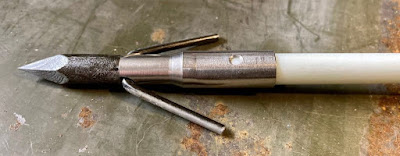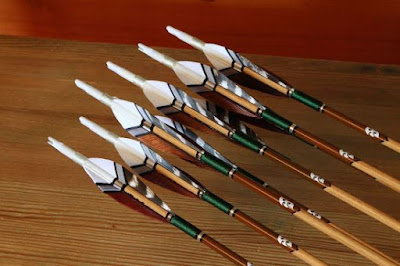Weight loss ultimately depends on the balance between the number of calories consumed through food and the number of calories expended through physical activity and basic bodily functions.
Here's why counting calories can be so effective:
Caloric Deficit: Weight loss occurs when you consistently consume fewer calories than your body expends. This creates a caloric deficit, prompting your body to use its stored energy (fat) to make up for the shortfall. Counting calories allows you to ensure you're consistently in a caloric deficit by tracking the number of calories you eat and adjusting your intake as needed.
Awareness and Mindfulness: Counting calories encourages greater awareness of portion sizes and the caloric content of different foods. It helps you understand the energy content of the foods you eat and makes you more mindful of your eating habits. This awareness can lead to better food choices and portion control.
Precision and Accountability: Counting calories provides a level of precision in your weight loss efforts. It helps you take control of your eating habits and hold yourself accountable for what you consume. This data-driven approach allows you to fine-tune your diet to meet your weight loss goals.
Flexibility and Personalization: Counting calories doesn't necessarily restrict you to specific foods or diets. You can choose the foods you enjoy while still losing weight, as long as you maintain a caloric deficit. This flexibility can make the weight loss journey more sustainable and enjoyable.
Education and Empowerment: By counting calories, you become more knowledgeable about the energy content of various foods. This knowledge empowers you to make informed decisions about your diet and equips you with skills that can benefit you in the long term, even after you've achieved your weight loss goals.
Adjustability: As your weight changes and your metabolism adjusts, your caloric needs may also change. Counting calories allows you to adapt your diet to these changes and prevent weight loss plateaus.
Behavioral Changes: Counting calories encourages you to develop healthier eating habits. Over time, this can lead to a shift in your relationship with food and a better understanding of hunger and satiety cues.
Progress Tracking: Counting calories provides a clear way to track your progress. You can see how your efforts translate into changes in weight and body composition, which can be motivating and help you stay on track.
However, it's important to note that while counting calories can be effective, it might not be suitable for everyone. Some individuals may find it too restrictive or time-consuming, and it may not address other aspects of a healthy lifestyle, such as nutrient quality and overall well-being.
Consulting with a healthcare professional or registered dietitian before making significant changes to your diet is recommended to ensure that your weight loss approach is safe and appropriate for your individual needs and preferences.

























